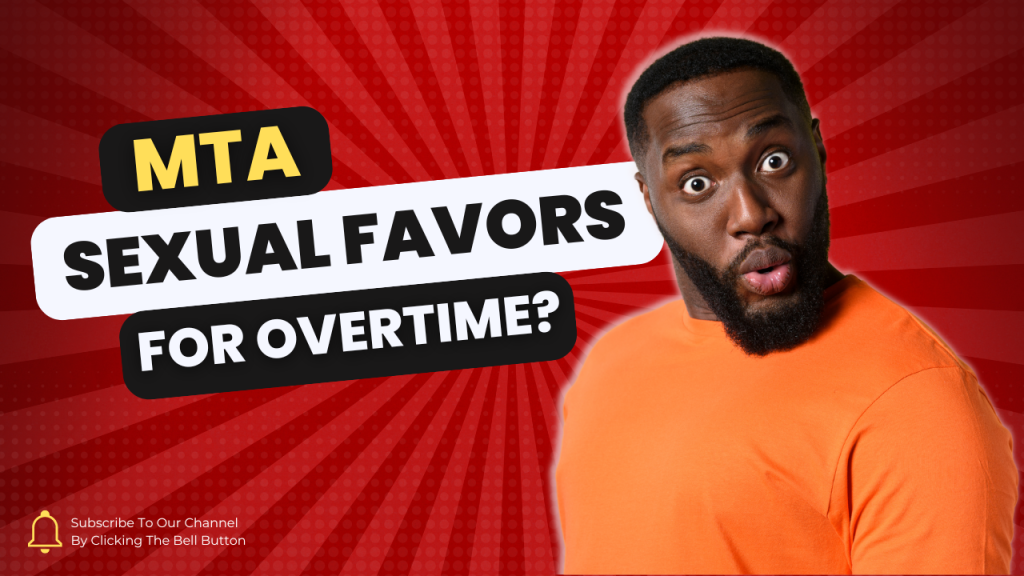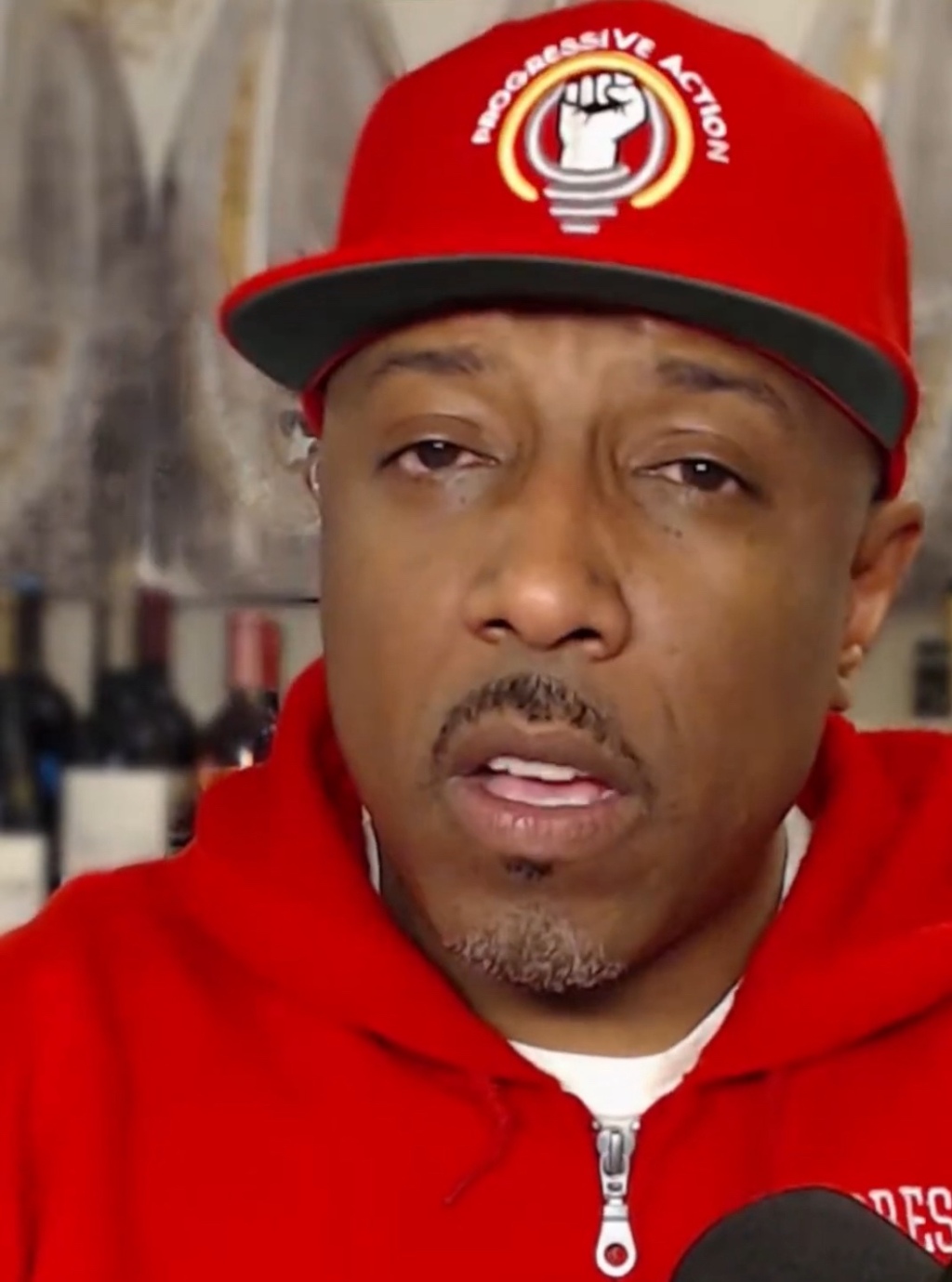MTA chairman and CEO Janno Lieber has committed an unfair labor practice in the current contract negotiations with TWU Local 100 and the union must hold him and the MTA accountable.
Last night, the New York State legislature passed, and Governor Hochul signed into law, a budget which bails out the MTA but only under the condition that the MTA find $400 million in “efficiency” savings. While the MTA could have attempted to escape liability from this unfair labor practice by pretending they knew nothing about it, Mr. Lieber actually went on the record at NY1 and claimed that he asked for this provision to be included in the budget, specifically for the purpose of extracting concessions from the union! https://www.ny1.com/nyc/all-boroughs/mornings-on-1/2023/05/01/mta-chief–state-budget-clears-deficit

Mr. Lieber expects to extract from us through legislation what he wouldn’t normally be able to through good faith negotiations. He specifically names increasing employee work hours, though that would never save $400 million. It is obvious he wants to suppress our potential wage hikes and likely go after our current benefits as well.
“The law does recognize that improper practices frequently may be committed by individuals acting as agents for either the employer or the employee organization. The proper respondent remains, however, the employer or employee organization that is, the entities bound under the improper practice sections of the Taylor Law. The concept of agency does not extend the law’s reach; it merely prevents the responsible party from escaping liability. More problematic is the status of legislative bodies. Although the executive branch is the ‘employer’ for purposes of collective negotiations, it has been recognized that legislative bodies often act in an executive capacity. When so acting, they are subject to the prohibition against bad faith negotiations. Bona fide legislative action taken during the course of collective negotiations can violate the Taylor Law if it has a chilling effect on the negotiations. Whether legislative action taken at other times also violates the Taylor Law has not been answered definitively. A nonparty employee may not file exceptions.” (Lefkowitz on Public Sector Labor and Employment Law, Fourth Edition (2 Vols), Editors: William A. Herbert, esq.; Phillip L. Maier, esq.; Richard K. Zuckerman, esq.).
This excerpt taken from a treatise I purchased a few years ago explains that even though the state legislature isn’t our employer, they can act as an agent to our employer, the MTA, to commit unfair labor practices and the MTA would be held accountable if the legislation passed is found to have a “chilling effect” on the negotiations.

Looking at the above definition it’s plain and clear that the state legislature’s action could be seen as chilling the union’s exercise of their first amendment right to collectively bargain. The union has a constitutionally protected right to engage in collective bargaining with the MTA over wages, benefits, and working conditions. The state legislature’s move to require cost savings during the negotiations could be seen as an attempt to interfere with this constitutionally protected right by exerting undue pressure on the union to accept a less favorable contract.
Our union must file an improper practice charge with the Public Employment Relations Board (PERB) immediately to have this disgraceful mandate removed from the New York State budget.




Leave a comment